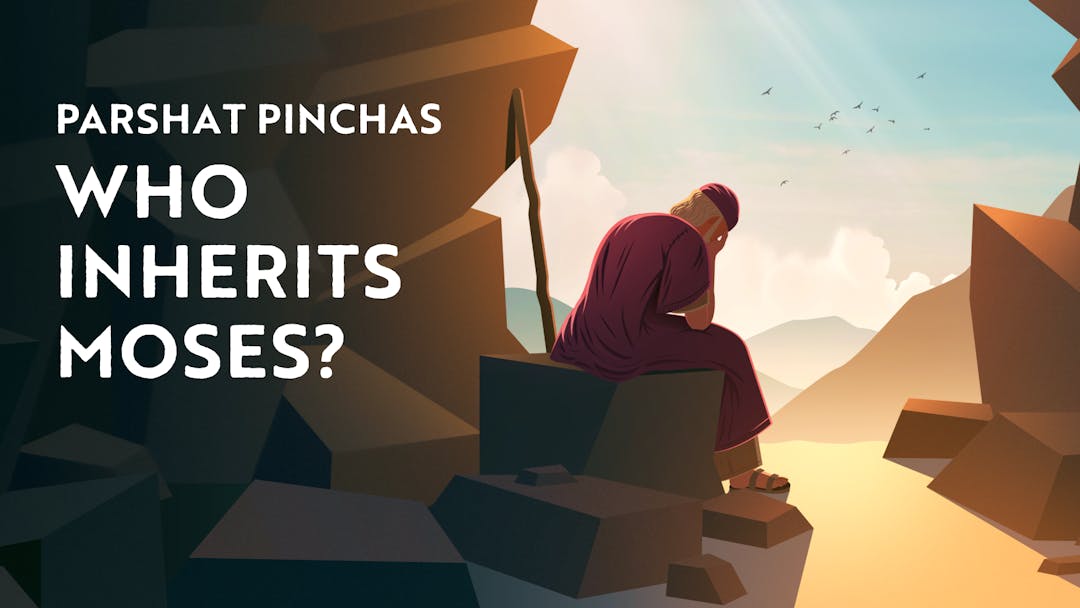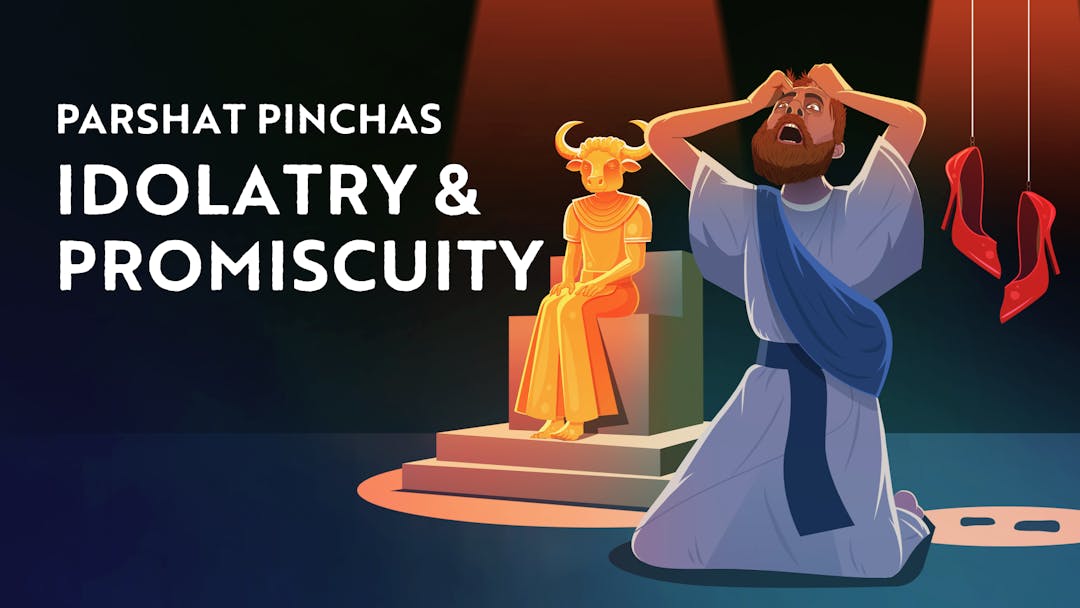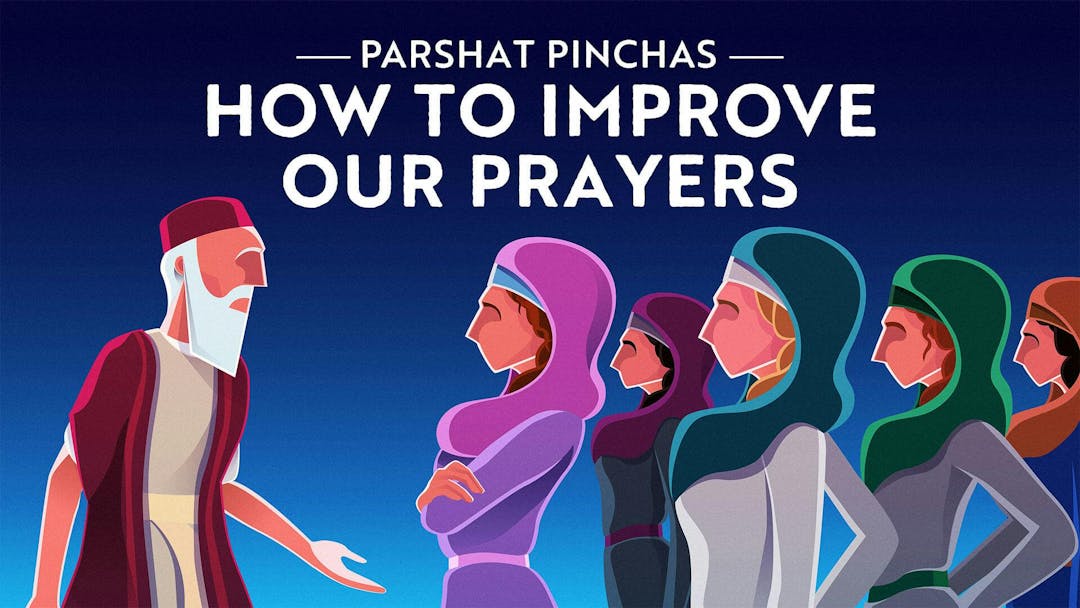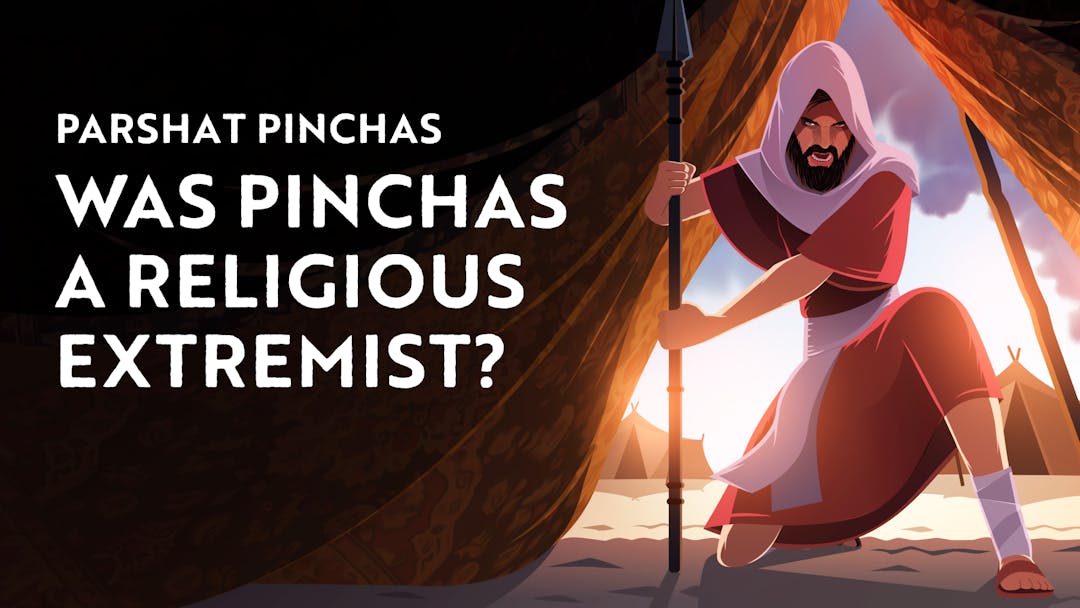Start your free trial today to unlock the full library and enjoy unlimited and uninterrupted access.
Get StartedHow Is Land Ownership Connected To The Pesach Sheni Offering?
How Is Land Ownership Connected To The Pesach Sheni Offering?
In Parshat Pinchas, we read about the daughters of Tzelaphchad, who sought to inherit their father’s land. God granted their request, and even codified it into law. But there’s something unique about this story — it’s strikingly similar to the story of the Pesach Sheini offering. When a group of ritually impure people approached Moses and requested a way to make an offering, God codified a practice called Pesach Sheni, which acted as a “make-up” offering for the impure. But what does inheriting land and ritually impurity have to do with each other?
Join Rabbi Fohrman and Daniel Loewenstein as they explore the meaning of nationhood and purity. In this podcast, they explore the implications of the connection between Pesach Sheini and the daughters of Zelophehad, and develop ideas such as whether there might be a hidden structure to the Book of Numbers, and what it might mean to think like God.
Want to watch the full video for free?
Enter your email and we’ll send you a link to watch the full series free.
What is Aleph Beta?
Aleph Beta is a unique kind of Torah library. Led by our founder, Rabbi David Fohrman, we are dedicated to high-level, textual Torah learning for adults that is intellectually and spiritually sophisticated, that enlivens your Jewish practice and helps you forge a deeper connection to God. Whether you’ve been learning in yeshiva for years or you’re just beginning your Torah journey, you’re sure to find something meaningful and surprising waiting for you here.
Browse our library of over 1,000 beautifully produced animated videos, podcasts, deep dive courses, and printable guides. Topics include the weekly parsha, Jewish holidays & fast days, laws & mitzvot, prayers, relationships, big philosophical ideas and more. Have something to say at the Shabbos table that will amaze your family and guests and bring deep meaning into their lives.












